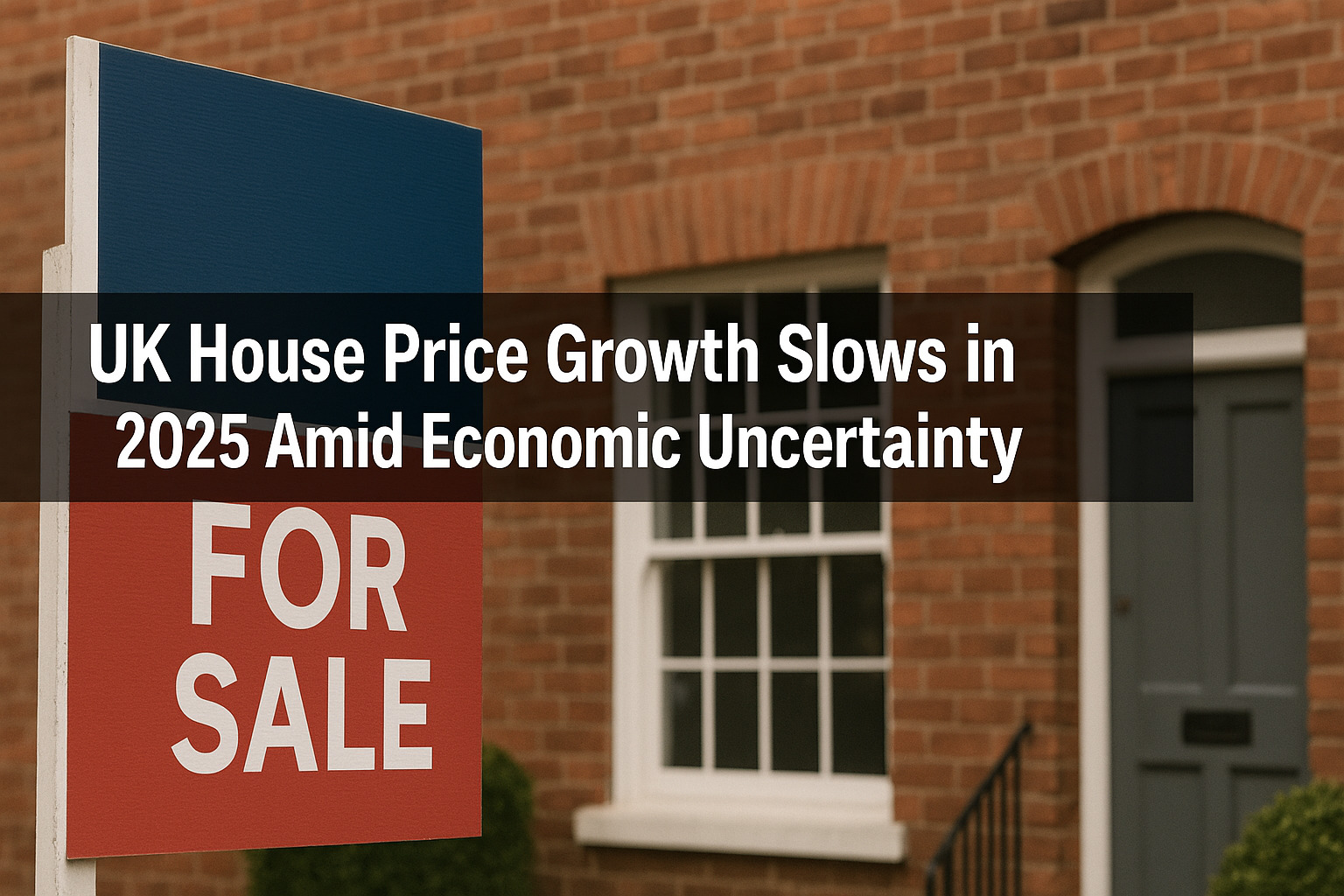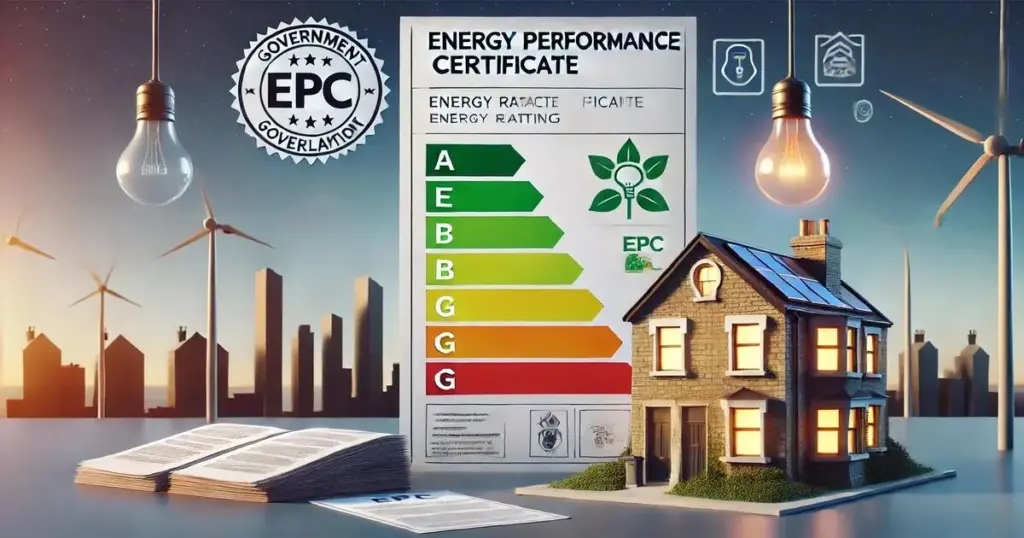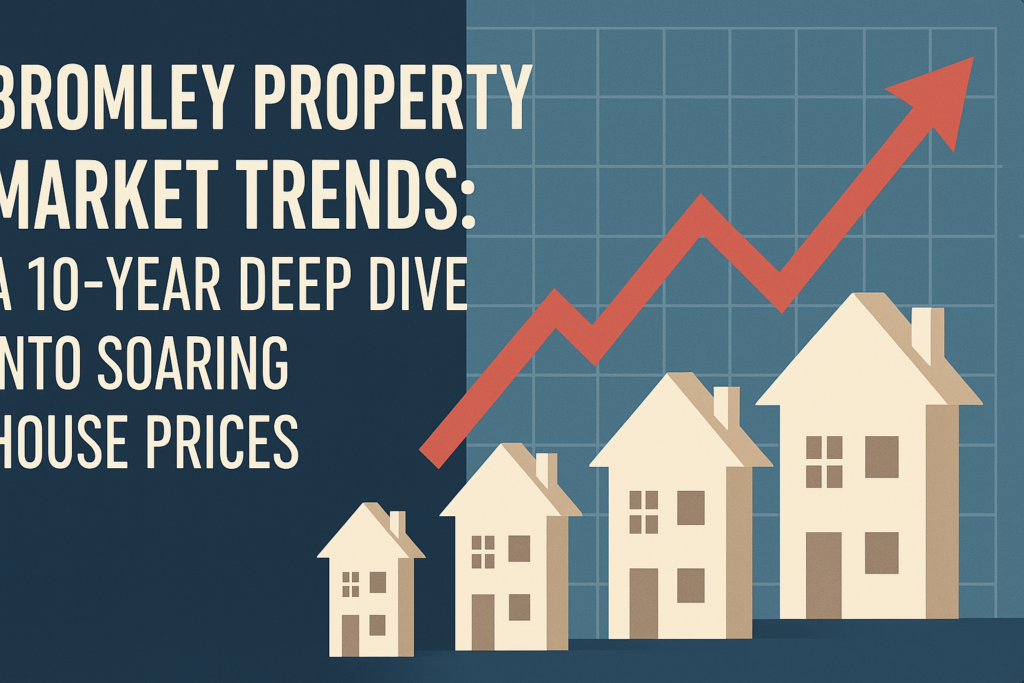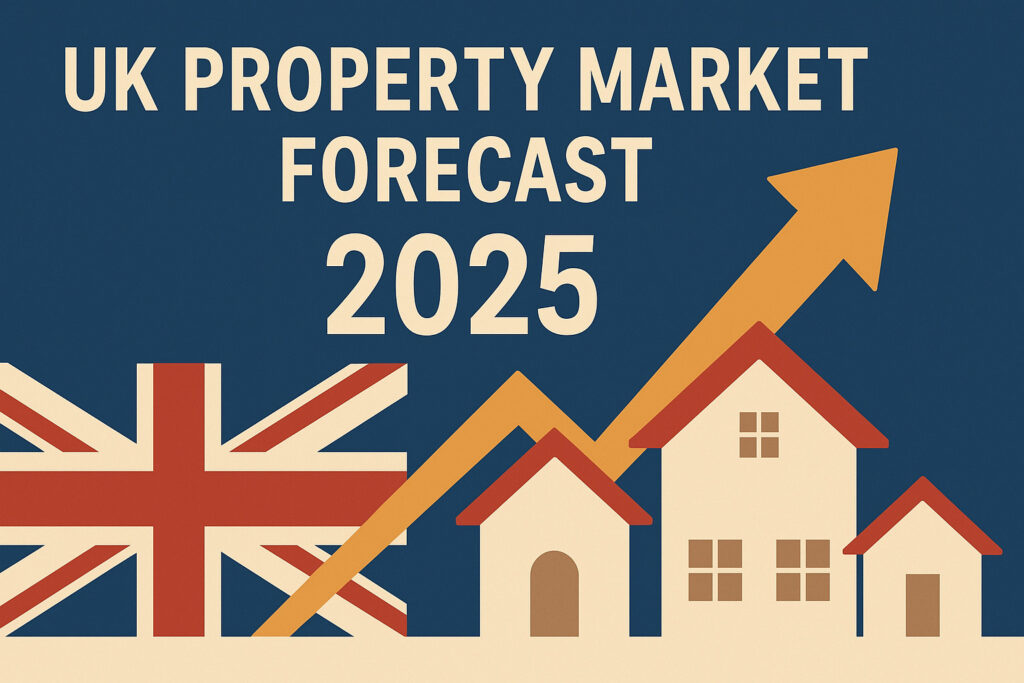Nationwide Slowdown in UK House Price Growth
The UK housing market continues to show signs of cooling as the latest figures reveal a significant deceleration in house price growth. While the property sector experienced an unexpected resilience in early 2024, the latter part of the year and early 2025 have ushered in a period of stagnation and mild decline across key regions. Factors such as rising interest rates, tighter mortgage lending criteria, and cost-of-living pressures contribute to this slowdown.
According to the latest data from the HM Land Registry and the Office for National Statistics (ONS), the average UK house price increased by just 0.4% year-on-year in February 2025—down from 1.2% in December 2024. London and the South East continue to underperform, while some Northern regions show relative resilience.
Key Drivers of the Current Market Stagnation
Interest Rates and Mortgage Affordability
The Bank of England’s sustained base rate of 5.25% has directly impacted mortgage rates, which remain above 5% for most standard variable and fixed-rate products. This has dramatically reduced affordability for first-time buyers and discouraged many potential movers from entering the market.
Inflation and Consumer Sentiment
Although inflation has moderated to around 3.1% (down from its 2022 peak of over 11%), household budgets remain stretched. Wage growth has not kept pace with essential expenditure, decreasing consumer confidence and reducing buyer demand.
Stricter Lending Criteria
Lenders have adopted more cautious stress testing in response to economic volatility. Buyers must demonstrate affordability even if rates rise further, making it more difficult for low- to mid-income households to secure financing.
Regional House Price Analysis
London and the South East
London remains the weakest performer, with house prices falling by 1.3% year-on-year. The high entry point for buyers and, reduced international investment post-Brexit and subdued rental yields has made the capital less attractive for owner-occupiers and investors.
The South East, typically one of the strongest performers, has also seen a flatlining in growth at 0.2% annually, with many local authorities posting minor declines.
Northern Regions and the Midlands
Yorkshire and the Humber, the North West, and the East Midlands show modest but positive growth of between 1.5% and 2.2%. These regions benefit from lower average property prices and growing local economies, particularly in cities like Leeds, Manchester, and Nottingham.
Scotland and Wales
Scotland saw an annual growth rate of 1.1%, bolstered by strong demand in urban centres like Edinburgh and Glasgow. In contrast, Wales is witnessing a sharper cooling, with prices up only 0.5% compared to 3.8% the previous year.
Buyer and Seller Behavior in 2025
Cautious Buyers
Buyers in 2025 are prioritising financial stability. The majority opt for longer fixed-rate mortgages and steer clear of properties requiring significant refurbishment. First-time buyer activity is down by 9% year-on-year.
Sellers Adapting Expectations
Vendors are increasingly accepting offers below asking price, especially in weak buyer activity areas. According to Zoopla, 42% of homes sold in Q1 2025 achieved less than the initial asking price, a 5-year high.
The Rental Market Effect
The weakening housing market is indirectly fueling the rental sector. With many potential buyers delaying purchases, demand for rental homes remains high. As a result, average rents across the UK have surged by 7.8% over the last 12 months, placing additional strain on renters.
Outlook for the Remainder of 2025
The consensus among analysts is that house prices will remain broadly flat or decline slightly through Q2 and Q3. Major forecasting bodies such as Savills and Knight Frank anticipate a year-end decline of 1% and 2% across the UK, followed by a gradual recovery starting in mid-2026.
Government schemes such as the Mortgage Guarantee Scheme and regional shared ownership programs may offer slight relief but are unlikely to shift market momentum significantly in the short term.
Investment Opportunities Amidst the Slowdown
Despite overall stagnation, specific sectors and regions continue to offer value for investors:
- Build-to-rent developments in cities like Manchester and Birmingham.
- Regeneration zones in the Midlands have strong long-term growth potential.
- Energy-efficient housing projects supported by green finance incentives.
Conclusion: Navigating a Changing Landscape
The UK property market 2025 is defined by caution, recalibration, and regional divergence. While the era of double-digit house price growth is firmly behind us, the market remains underpinned by fundamental supply constraints. Buyers, sellers, and investors must adapt to this evolving environment with a clear-eyed understanding of local dynamics, interest rate trajectories, and long-term economic indicators.
📌 Frequently Asked Questions (FAQ) – UK Housing Market 2025
Why is UK house price growth slowing in 2025?
House price growth has slowed due to high interest rates, stricter lending rules, inflation pressures, and reduced buyer confidence. These factors have cooled demand and led to slower market movement.
Are house prices falling everywhere in the UK?
No. While prices have declined in London and the South East, other regions such as the North West and Yorkshire still show modest growth due to affordability and stronger local demand.
Will house prices drop further in 2025?
Yes, modest 1–2% declines are expected in many areas. However, widespread drops are unlikely. Recovery is projected to begin from mid-to-late 2026.
Is now a good time to buy property in the UK?
If you have long-term financial stability and plan, opportunities exist—especially in affordable, high-growth regions. But rising mortgage costs mean careful budgeting is essential.
How are mortgage rates affecting the market?
Mortgage rates over 5% reduce affordability, limit loan approvals, and discourage many buyers from entering the market. This is a significant factor slowing house price growth.
What’s happening in the rental market?
Rents have risen sharply—up 7.8% in the past year—as more people rent instead of buy. This trend will likely continue due to tight housing supply and high mortgage costs.
Are any government schemes helping buyers right now?
Yes, schemes like the Mortgage Guarantee Scheme and Shared Ownership are available. However, their impact is modest, and they do not offset affordability issues for most buyers.
Which UK regions are best for property investment in 2025?
Top areas include:
- Manchester (Build-to-Rent sector)
- Nottingham (Regeneration zones)
- Birmingham (Strong infrastructure and rental yields)
Is the housing market expected to crash?
No. A crash is unlikely due to continued supply shortages and regional demand. A soft correction or flat growth is more probable.
What should sellers expect in 2025?
Be realistic on pricing. Many homes are now selling below the asking price. Energy efficiency upgrades and competitive pricing can help attract cautious buyers.





